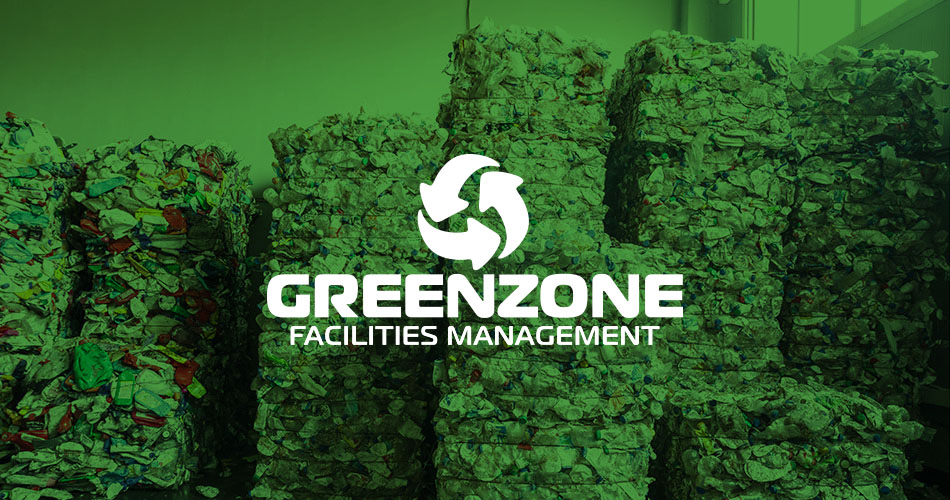And, the CIWM has called for stakeholders to “understand their responsibilities” after revealing that the Environment Agency changed its approach on discussion of the easing of regulations because of reported ‘inappropriate’ behaviour.
The comments come in a CIWM report on the waste sector’s response to Covid-19, from March to October 2020. On current service challenges, it cautions that: “The sector is not facing the same uncertainties experienced early on in the pandemic but is likely to experience a compounding of some of the existing challenges – especially over the Christmas period.”
Practical
Trevor Nicoll, president of the CIWM (Chartered Institution of Wastes Management) commented that “reading the report, I am struck by the array of practical and operational measures that were developed and deployed to cope with the Covid-19 pandemic.”
Mr Nicoll added: “The real highlight for me, however, is how people working across the sector have responded. From stories about collection crews going the extra mile to maintain vital and valued services to collaborative cross-sectoral working and information sharing at the highest strategic level to monitor sector resilience and inform contingency planning, there has been a collective will to overcome the challenges that Covid-19 has presented.”
Rebuke
Despite Mr Nicoll’s warm words for the sector, there is a stern rebuke for one or more stakeholders in the report, which was compiled by CIWM with Exeter University.
The actual stakeholders involved are not specifically named but there is a clear suggestion by the Institution that some acted irresponsibly over cross-sectoral issues
It says that there were reported “inappropriate” uses of information about Environment Agency Regulatory Position Statements and easements and so the Environment Agency abandoned this level of consultation.
The Institution adds: “This underlines the need for sector stakeholders to understand their responsibilities when engaging with governments and government agencies in live contingency planning situations and the importance of setting out and working to common, agreed priorities and protocols in the future”.
Supply chain
Other findings in the report are that “the long-term effects on the different parts of the sector are not yet clear and many participants felt that the pandemic has served to highlight the critical interdependencies and vulnerabilities in the supply chain that will require further attention in the context of future sector resilience.”
Government
The report also finds that “The proliferation of official government guidance was identified as a source of confusion and uncertainty, particularly during the early part of the pandemic before some consolidation took place. This was particularly highlighted in relation to variations in approach to national and local restrictions and business ‘re-opening’ measures that emerged after the first UK-wide lockdown was lifted. This was true both in operational terms for those working across different boundaries and borders, and for sector bodies seeking to provide consolidated, up-to-date information to support the sector.”
WISH Forum
The work of the WISH Forum (Waste Industry Safety and Health Forum) was also highlighted by the report and described as “pivotal to the sector’s pandemic response”. The report explains that “The WISH Forum Information Document sought to provide assurances and clarify misconceptions or confusions as they arose. The guidance focused on providing clear information about working practices, and provided examples of good practice which could be immediately implemented and adapted for use in the workplace.”
Orginal Source

